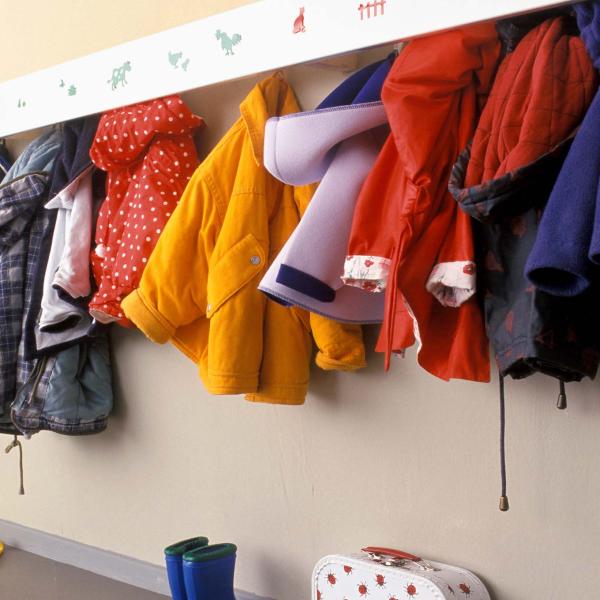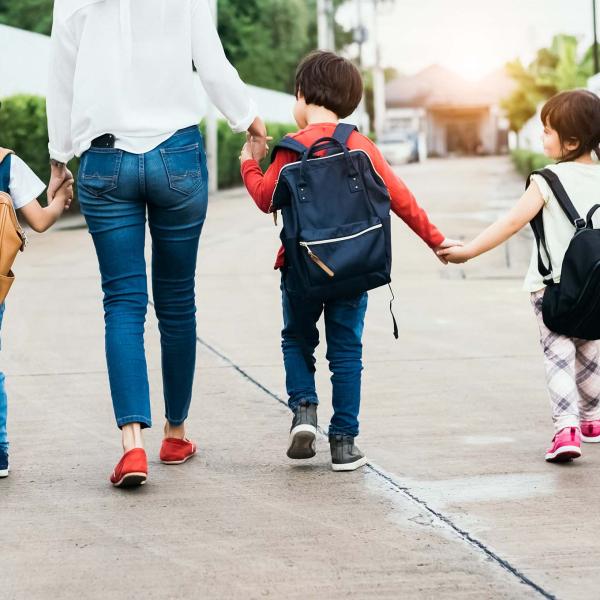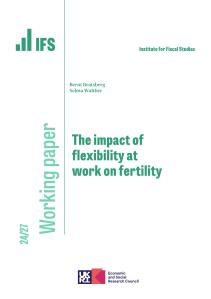'Informal childcare' refers to childcare provided by grandparents, other relatives, friends and neighbours. This study combined a literature review with secondary analysis to draw together good quality evidence on the subject of informal childcare, and to highlight the gaps in that evidence.
Authors

Mike Brewer

Research Fellow
Luke is a Research Fellow at the IFS and his general research interests include education policy, political economy and poverty and inequality.

Caroline Bryson

Sarah Butt
Report details
- Publisher
- Nuffield Foundation
Suggested citation
Brewer, M et al. (2012). The role of informal childcare: a synthesis and critical review of the evidence . London: Nuffield Foundation. Available at: https://ifs.org.uk/publications/role-informal-childcare-synthesis-and-critical-review-evidence (accessed: 30 June 2024).
Related documents
More from IFS
Understand this issue

If you can’t see it, you can’t be it: role models influence female junior doctors’ choice of medical specialty
24 April 2024

Sure Start achieved its aims, then we threw it away
15 April 2024

What is the two-child limit in benefits?
27 June 2024
Policy analysis

Free breakfast clubs in schools: what Labour’s plans would mean for pupils and families
25 June 2024

Labour’s plans to build childcare spaces in schools will nudge the market in a different direction – but not transform it
9 June 2024

Conservatives' plan for child benefit withdrawal goes some way to fixing a bizarre system - but misses an opportunity for a more fundamental reshape
6 June 2024
Academic research

Targeting men, women or both to reduce child marriage
28 May 2024

The intergenerational elasticity of earnings: Exploring the mechanisms
3 June 2024

The impact of flexibility at work on fertility
11 June 2024